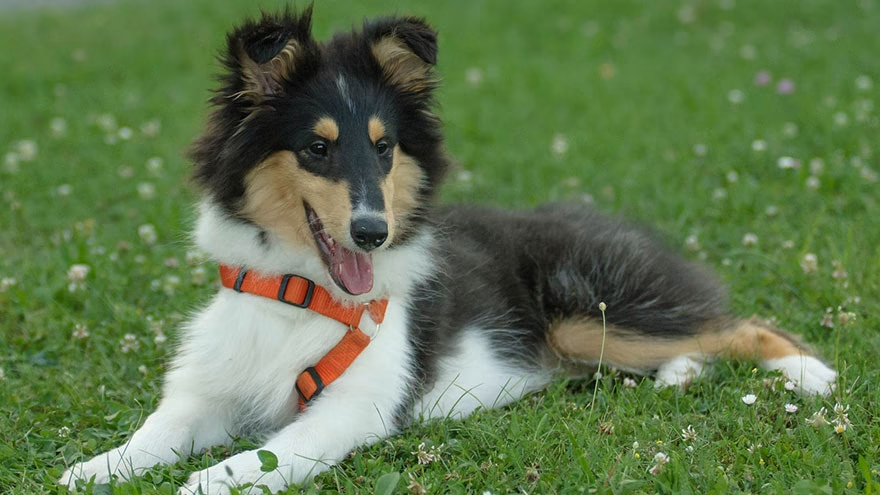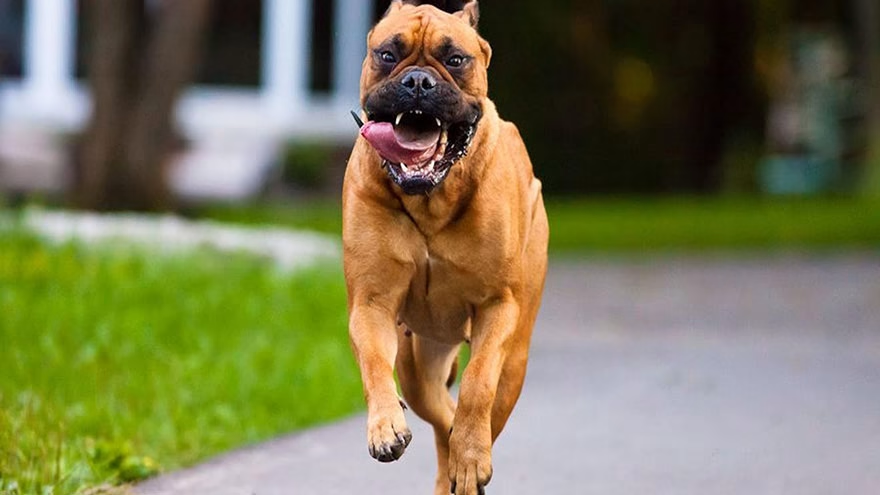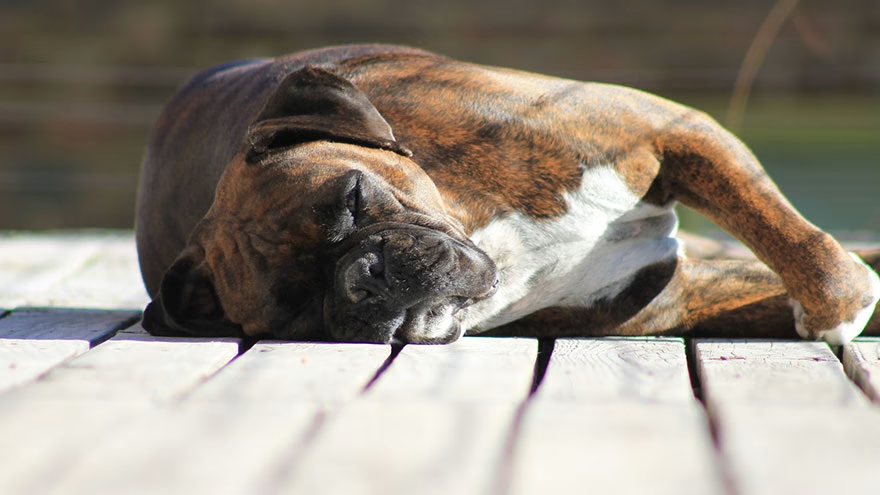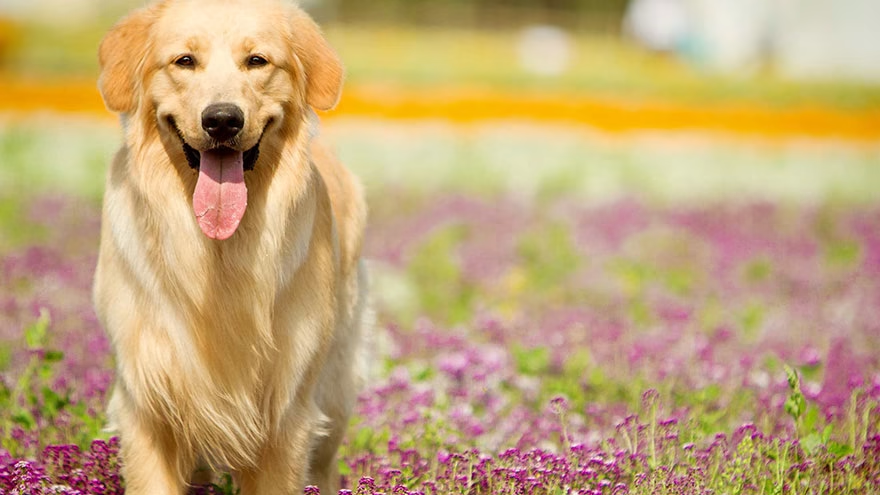- toy, miniature and standard -
- the cross generally involves either of the first two types.
These two breeds complement each other in many ways. Both are devoted to their people and make excellent pets.
Bichon Poo Grooming
Both breeds sport tightly curled, nonshedding -- but constantly growing -
- hair. Expect to take your bichon poo to the groomers for clipping on a regular basis. Otherwise, your dog will soon end up a matted mess. Even with professional grooming, the
If your bichon poo is white or light-colored, expect to deal with rust-colored tear stains. Your vet can recommend an appropriate product for tear stain removal.

Training And Exercise
Poodles are very smart canines. That's no reflection on the intelligence of the bichon frise, but the poodle is definitely at the head of the canine class. The purebred bichon frise can be a bit of a bichon to house-train, so to speak, but a bichon poo is likely easier in that regard.The poodle influence makes overall training easier, but that also sways this hybrid's exercise needs. The poodle requires a lot more exercise and general stimulation than the bichon. However, regular walks and plenty of playtime usually suffices.
Tip
The bichon frise was developed solely as companion dog. If he's not with his person most of the time, he can suffer from separation anxiety. Poodle genes may alleviate some of that tendency, but this cross is not a good choice for someone who is out much of the day.
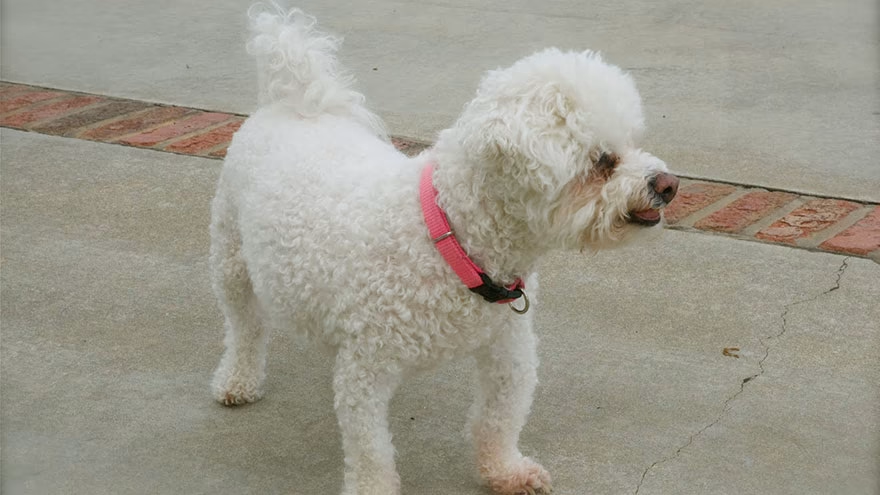
Health Issues
A crossbred dog may inherit hybrid vigor, so that he's less prone to the genetic health problems of either parent breed. Still, the bichon poo is vulnerable to health issues affecting both breeds.These include:
- Orthopedic problems, including slipped kneecaps or hip dysplasia
- Eye issues, including cataracts or progressive retinal atrophy
- Hypothyroidism, or insufficient thyroid hormone production
- Epilepsy
- Bladder infections and stone formation
- Allergies
Save for later
Found this helpful?
Pin this article to your Pinterest board and come back to it whenever you need a reminder.
Save to Pinterest